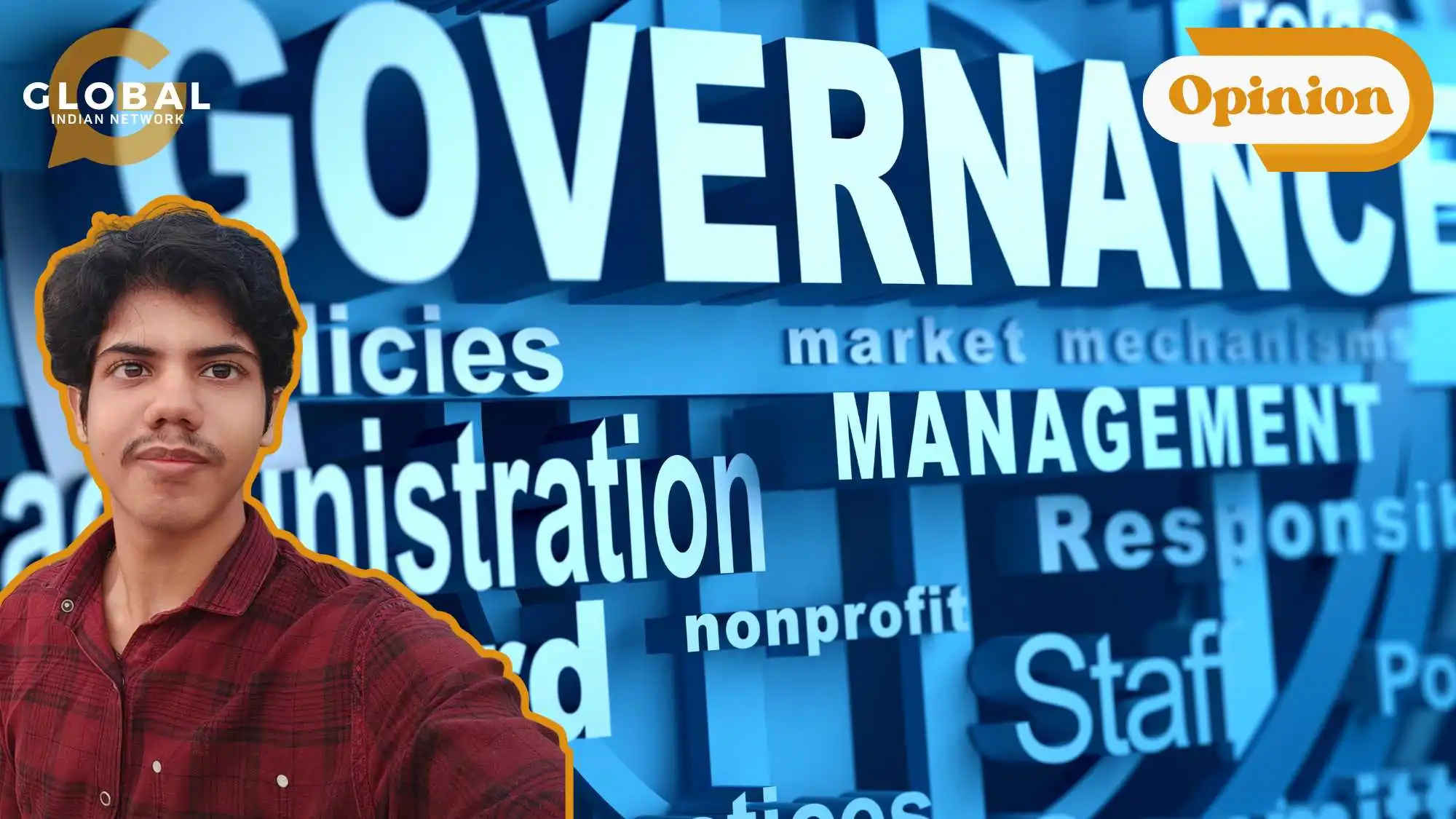BRICS, the group including Brazil, Russia, India, China, and South Africa, has developed into a force in 21st-century geopolitics. It was initially a loose alliance of emerging economies. With new members joining and ambitions growing, the question arises: Will BRICS transform global governance, or will it remain largely a symbolic project rather than a substantive one?
Recent Developments: BRICS Steps Up Its Game
In 2025, the growth of BRICS saw a new peak when the organization invited Indonesia and other countries in the Global South to be its partners at its summit in Rio de Janeiro. This growth implies that BRICS accounts for more than 50 percent of the global population and more than 45 percent of the world’s GDP. The 2025 BRICS Summit was centered around issues of multipolarity, climate change, and global institutional reform, which are indicative of its future goals of having to reorder the global order and attempting to counter Western domination.
BRICS drew the attention of the media as it introduced a Multilateral Guarantee Mechanism that facilitates the use of local currency and, thus, enhances the alternatives to dollar dependence. BRICS supports the New Development Bank (NDB), which is already expanding its climate funding and infrastructure investments at a rapid pace and shows an active attitude to global issues.
The active participation in BRICS summits also involved voicing the UN reform, the expansion of the Security Council, and other united positions in support of equitable global governance. The BRICS Leaders Declaration criticized the continuous wars and demanded multilateral solutions, which is an indication of the increasing influence of BRICS in the world of diplomacy.

BRICS: Influence, Symbolism, or Something More?
Why BRICS Is Pushing for Change
Most importantly, BRICS is not a talking shop. Members have strengthened trade relations, become collectively active in the regulation of technologies, and strive to find a common way to digital privacy, AI control, and pandemic recovery. The establishment of a BRICS-specific structure for health, education, and technology is an indication of its ambitions to establish rules that are not based on Western models.
BRICS is redefining and even transforming the borders of global governance, as emphasized in the detailed expert reports in the Valdai Club, as it offers another point of view that is appealing to other emerging economies.
But What Holds BRICS Back?
Regardless of these efforts, critics claim that BRICS has significant obstacles to deal with. It can only create unified policies since it is internally divided over trade, politics, and digital currencies. BRICS may not take any substantive steps because, as Carnegie Endowment analysts note, decision-making and absence of commitment may be based on a consensus. Its growth is seen to risk losing its central focus, leading to fears that it would become symbolic in case it fails to shift gears between declarations and action.
BRICS in Focus: Global Influence and Geopolitical Debate
BRICS is at a crossroads. Its members, including new additions, want to give a voice to the Global South in the world institutions. The reform drive to promote local currency trade, separate infrastructure financing, multilateral diplomacy, and digital innovation makes BRICS an answer to predominant Western governance.
The role of BRICS in global politics and BCG analysis of the world order confirm the recent commentary on the unique challenges and opportunities of BRICS. Will BRICS be able to convert its numbers, economic and political strength into a practical world power? Or will its consensus-based first approach mean it is a debating chamber, rather than a decisive one?
Opportunities and Obstacles Ahead
Provided that BRICS can coordinate its policies more closely, particularly regarding climate action, digital standards, and institutional reform such as that of the UN, its potential to transform global governance will be achieved. BRICS is already a leader of new schemes of AI regulation and green finance, and can be followed by other regions.
Conversely, in case BRICS is perpetuated by mere symbolism of statements and grapples with conflicting interests of its members, it may end up as a rhetorical platform rather than a reform. Lack of permanent secretariat, legal enforcement frameworks, and integrated response mechanisms are all current constraints on the ability of BRICS to bring sustained impact.
Will BRICS Reshape Global Governance?
BRICS is both at the moment. It is an emerging power that is posing a growing challenge to the current status, as well as keeping the symbolic displays of unity and solidarity. Whether BRICS will be able to go beyond mere symbolism and emerge as a force of real change will depend on the following years, which will be characterized by global crises, the reconfiguration of alliances, and the emergence of a Global South.
BRICS is an area of contention over future global governance. And whether it will effectively transform the way the world is governed, or be just the alliance of wishes, will depend upon its capacity to translate its own common vision into effective action and outcome.

Let us know your thoughts. If you have burning thoughts or opinions to express, please feel free to reach out to us at larra@globalindiannetwork.com.









